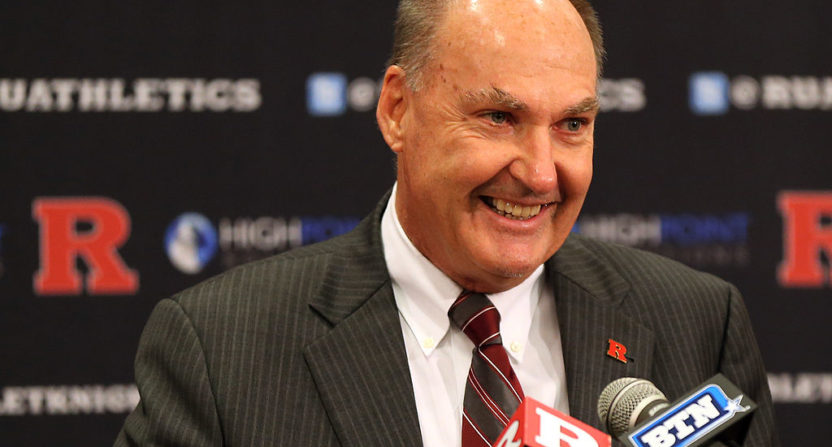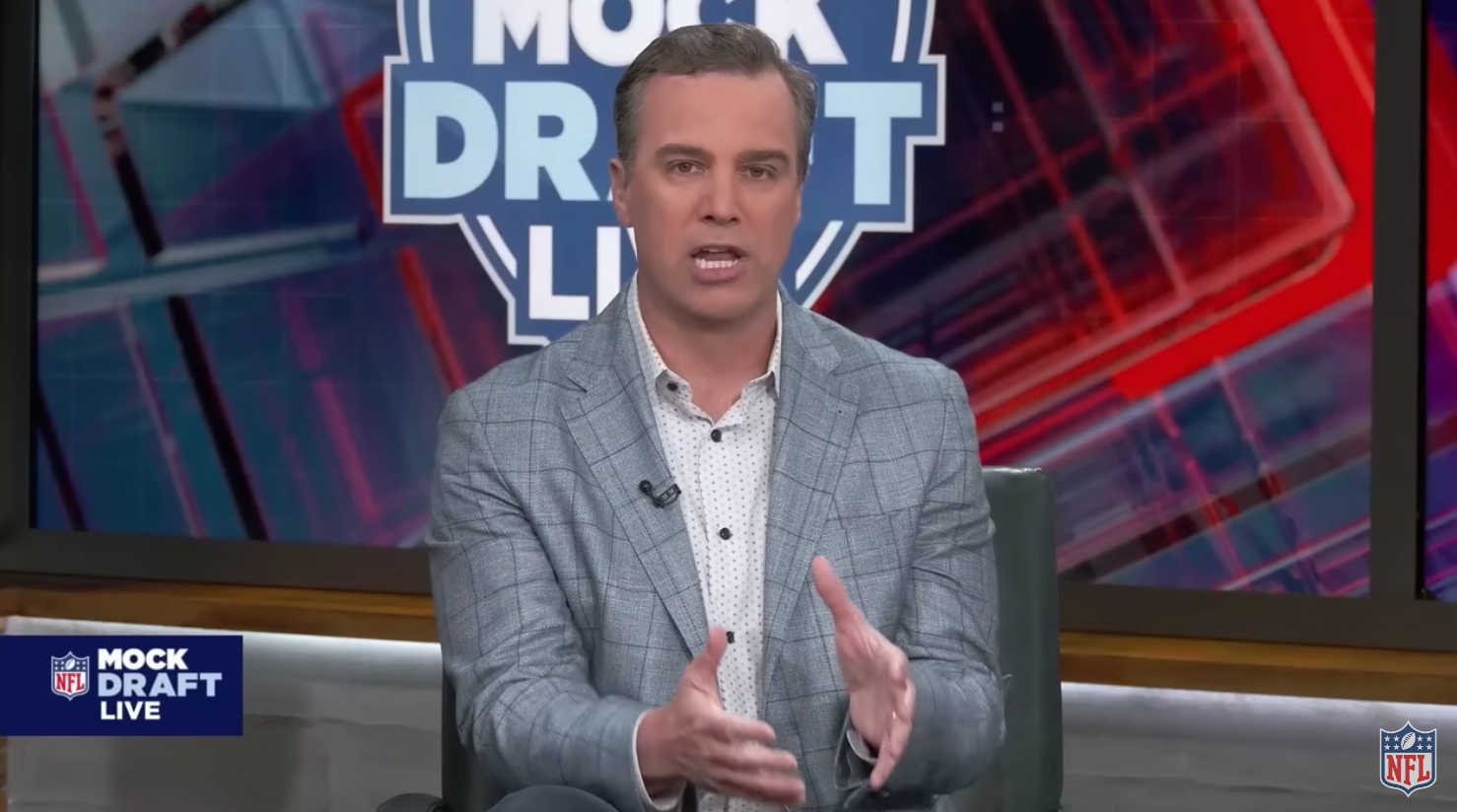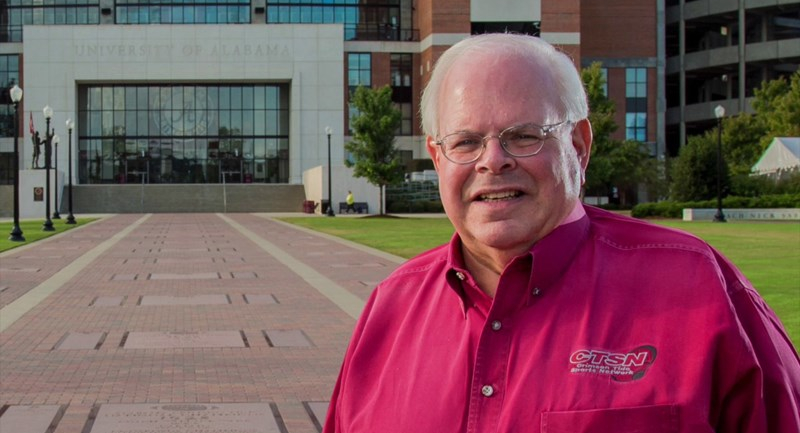The Big Ten’s move to play some football games on Friday nights has been quite controversial, with high schools, some fans, and even some schools taking exception. Northwestern’s protests wound up clearing two Friday games off the 2017 schedule, but four others are still set to go ahead as planned, and that’s left many people unhappy. According to one of the aggrieved, Jim Tenopir (the executive director of the Nebraska School Activities Association, who met with Big Ten officials Monday along with executives from six other states), though, Big Ten officials have been surprised by the amount of backlash they’ve faced. Here’s what Tenopir told Land of Ten’s Sean Keeler following the meetings:
“The commissioner [Jim Delany] made the comment that Friday night games have been happening all across the country,” Tenopir, executive director of the Nebraska School Activities Association, told Land of 10 during Day One of the Big Ten Conference Joint Group Meetings.
“They did not expect the blowback that the Big Ten got on Friday nights.”
And by “blowback,” he means calls. Emails. Facebook comments. General social media hell.
Executives from seven state athletic or activities associations within the Big Ten footprint — Indiana, Iowa, Maryland, Michigan, Nebraska, Pennsylvania and Wisconsin, along with a representative from the National Federation of State High School Associations — met with league officials for two hours at the Big Ten’s suburban Chicago headquarters Monday to explain their concerns with the conference’s decision to play football games, including intraleague matchups, on Friday nights starting this fall.
Tenopir said Big Ten officials countered that the intent of Friday games was getting “some better prime-time coverage for some Big Ten teams that are traditionally second-tier compared to Ohio State, Michigan, Michigan State, Nebraska.
“They downplayed the revenue. But if television’s involved, you have to know that revenue is a portion of that.”
The latest
That revenue is significant enough that most complaints from fans and high schools can be overlooked (complaints from schools like Northwestern have a bit more of a chance, as they have a little more power over conference decisions). As AA’s Sean Keeley wrote back in November when this plan was announced, it’s all about the money, and that money means the move’s probably going to happen despite all these complaints:
Don’t like the idea of Big Ten Friday Night Football? You must be a fan, because you certainly can’t be working in the athletics departments of the participating schools or the conference itself. They’re thrilled by the prospect of six Friday primetime games in 2017 and the extra revenue they’re able to generate because of agreeing to play them.
Your concerns? They’ve been ignored for years and they’ll be ignored this time as well.
Even amongst the schools who didn’t want to take part in the Friday night games, there was an air of defeat about the ever-changing landscape of college football and how there are very few traditions left that conferences aren’t willing to bend or break in order to make more money.
Here’s OSU athletic director Gene Smith laying it all out there for you:
“We battled for a long time to try to be respectful obviously for high school football. But the reality is what we need to do for our television partners and what we need to do for our revenue stream, we needed to consider some different options.”
So, yeah, this is about the money, and it’s very likely to go ahead despite all the complaints. But the remarkable thing is that the Big Ten seemingly didn’t expect this backlash. Yes, other conferences have played Friday games, but those have been unpopular with fans and high schools in those areas too. Any detailed look at this would have found plenty of complaints against Friday games elsewhere. And it should be noted that the high school football lobby is particularly prominent in a lot of the Big Ten’s territory. That doesn’t necessarily mean much, and even Tenopir admitted that, describing the meeting as more of an opportunity to voice concerns than anything that would really lead to lasting change.
At the very least, though, this meeting did show Big Ten leadership there is plenty of opposition to their plans here. Will that lead to this plan being walked back? Not too likely, but it could help prevent further expansion. Keeler writes that the conference is not considering playing on any other weeknights for the time being (although they won’t rule that out indefinitely), and that they’ll be looking at how these Friday night games affect these other sports. For now, though, it’s still full speed ahead for Big Ten Friday Night Football, but those executives definitely now know that there is plenty of blowback.







